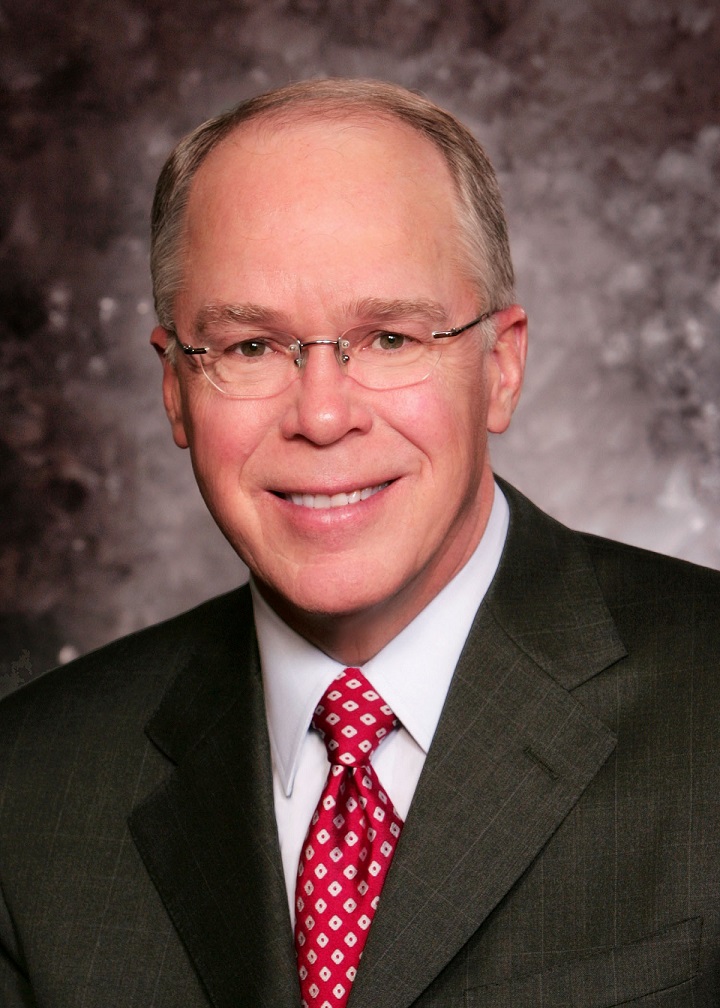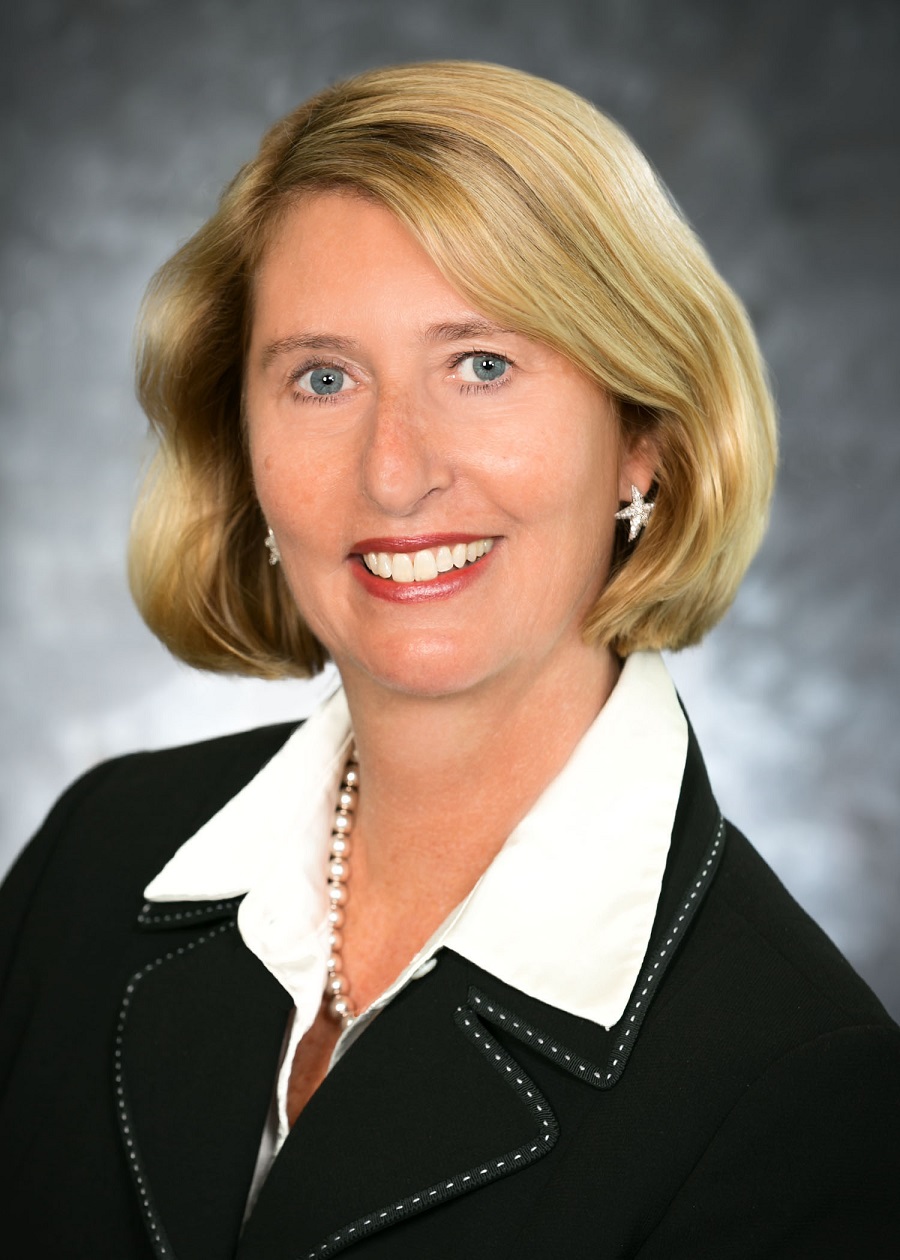David Tilton, president and CEO of Atlantic City, N.J.-based AtlantiCare, is about to end an era of his healthcare career.
On June 30, Mr. Tilton will retire after 29 years leading AtlantiCare in key roles. He was named president and CEO in 2007 succeeding his mentor, George Lynn. Mr. Tilton had served as AtlantiCare's executive vice president and COO since 2005 after 12 years as president of both AtlantiCare Regional Medical Center campuses, located in Atlantic City and Pomona, N.J.
During his tenure at AtlantiCare, the organization was recognized as a Malcolm Baldrige National Quality Award recipient in 2009. AtlantiCare also expanded to six major campuses and nearly 90 sites, and became a member of Danville, Pa.-based Geisinger Health System last year under his leadership.
Mr. Tilton will be succeeded by Lori Herndon, RN, BSN, AtlantiCare's executive vice president and AtlantiCare Regional Medical Center president and CEO. 
Here, Mr. Tilton and Ms. Herndon took the time to discuss the transition process, their leadership styles and future goals.
Note: The following responses were lightly edited for length and clarity.
Question: What challenges do you expect during the transition process?
David Tilton: I'm not expecting a whole series of challenges here. I believe we're prepared. And the reason we're prepared is we have a process for succession that our board and our leadership team follow. We are able to do the important work of making this transition as smooth as possible and doing things like protecting our culture and our work environment that are really essential to our successes as an organization.
The first thing I did when I was named CEO back in 2007 is start thinking about this very moment, and the organization benefited in 2007 when we had a very smooth transition from George Lynn to me. Over the last five years, we've really ramped up our efforts. We're really working with the board and with those who were likely to succeed me to make sure they had an opportunity to learn and develop and prepare. That brought us to this point.
I think the next 4 months are going to be where Lori and I talk about her first four years and we make sure the handoff is smooth and take the time to communicate with all of those who are essential to our success — the people who work here, the board, our community. And I think the next four months will be a chance for all of us to do some celebrating of Lori's promotion and allow me to exit gracefully.
Lori Herndon: David and I've worked together for decades, especially in the last several years. My responsibilities have expanded to include many system responsibilities. So that, coupled with the work we've done together and the work we know we have ahead of us, should be a very orderly transition.
Q: What challenges, if any, have you already encountered?
DT: I've been impressed by the process we've used to announce this transition — the way the board was fully engaged. It's what I had hoped would happen — a celebration when the announcement came out, happiness for my ability to retire and real joy in the organization that we're going to have a smooth transition. It's very important that our people be able to predict our behavior and know us and understand that our culture is going to continue the way it is. Our culture is essential to our success and a big part of that culture is the work environment we have, the way we communicate and engage our entire workforce. And I think our ability to have a smooth transition creates further stability in that culture. The board acted in a very professional manner. Lori has done a superb job of reintroducing herself to the organization but in a new role, and I've been able to start to say goodbye to people, I think in a thoughtful way.
Q: What are the differences in your leadership styles?
DT: I'm not a clinician. Although I have great respect and sensitivity and knowledge about the clinical practice here at AtlantiCare, at my heart I'm not a clinician. I may have a mother who's a nurse and a son who's a nurse, but Lori is a nurse. I think that brings a very different perspective to the leadership role. In fact, many of the leaders we have at AtlantiCare are nurses and physicians, and I think that just adds a different perspective.
LH: One of the things that is important to me, but lines up very well with the culture and our history and our future, is how important the patient is and the persons. Our work is not just inside the walls of the hospital, it's in the community that those patients and people are the center of what we're doing. And that just comes very naturally to me since I had started at the bedside with those patients from the very beginning. 
Q: How are you converging your separate ideas into one transition plan?
DT: We really lead as a team at AtlantiCare, and although I may have my own ideas, those ideas are brought together with the entire leadership team's ideas. So that convergence has been happening quite a bit. We have a couple of different forums for our leaders to talk about operational issues and strategy, and we view that second meeting about strategy as our opportunity to develop our leaders around a higher level of conversation around innovation and transformation in healthcare. I think it's another way we're able to develop a whole host of folks who stay here and contribute to this organization over a long period of time as Lori has and will.
Q: What are you doing to make sure the transition process goes smoothly?
DT: Lori and I have decided that we would meet more frequently. We've carved a lot of time out of our calendar over the next 4 months so we can talk, share some ideas and just really think through the implications of the shift. I think Lori will want to talk about how she'll be assigning work and those types of things, so I'm going to be someone who can listen and advise and not direct in this particular situation.
LH: I think the other thing that has been a process that David had embraced and others had recommended is I will identify an external coach that I think will be able to help be a sounding board and an advisor to me, which I understand has been very beneficial for folks who make this transition. That is something the board is supportive of, and I will be organizing and looking forward to having that individual support the transition.
DT: That was important because back in 2006, that's what the board provided me, and I'm very grateful for that investment they made in me. It helped me understand that being CEO of the medical center was not quite the same as being CEO of the system. I got a chance to think that through before the spotlight was clearly on me.
Q: What goals do you have for AtlantiCare coming into the role?
LH: We do a lot of collaborative discussion and thinking. We're also in the process of wrapping up our rolling 3-year strategic plan, so that's being vetted right now and will be reviewed by our board. I've been a part of that, as has David and other key leaders of our organization — the board, community — so that will be the directional focus for the organization.
Q: After you retire, will you still be involved in some capacity with the system?
DT: I think what I'll try to do is put a little space between me and AtlantiCare so I don't cast a shadow. But I am actually working on some ideas. It's been a pretty busy couple weeks, so I haven't been thinking too far beyond the next couple months. But I will stay active in the healthcare field. I have great admiration for the work that we do. I have a lot of knowledge about quality and performance improvement that I hope to have an opportunity to work with others on. So I'm not sure exactly what that'll look like, but there's no rush. I'll figure it out when the time comes. I want to get a little more balance in my life, so I'm going to work on that as well.


